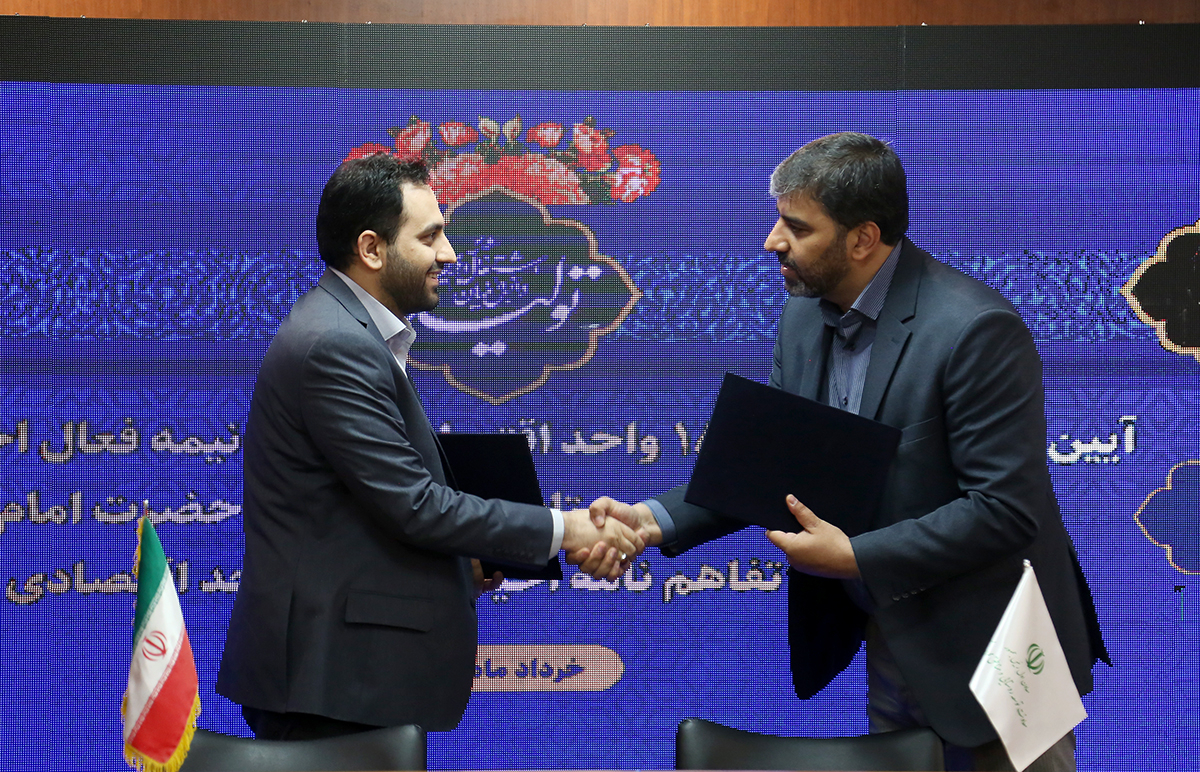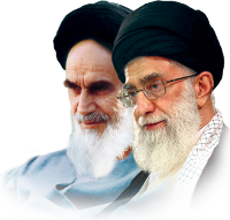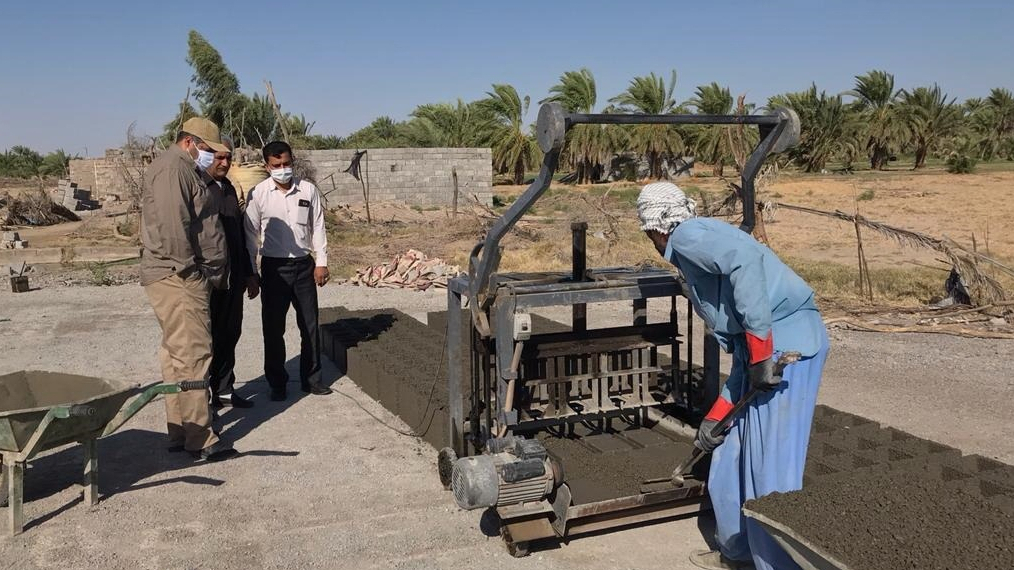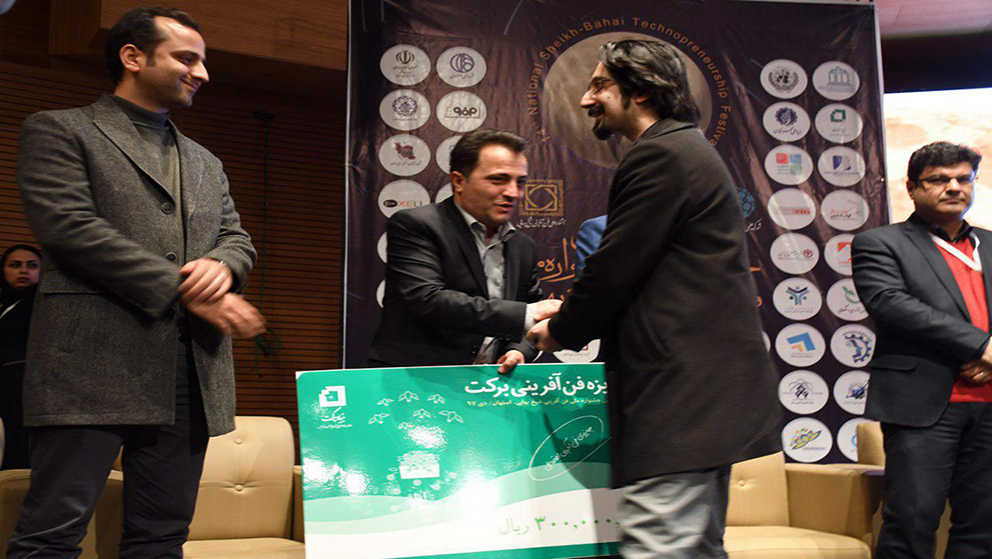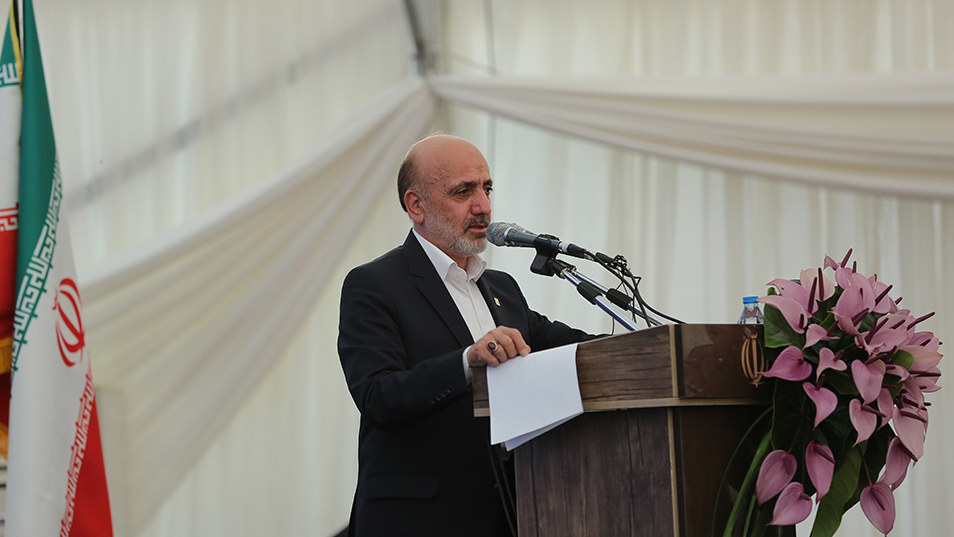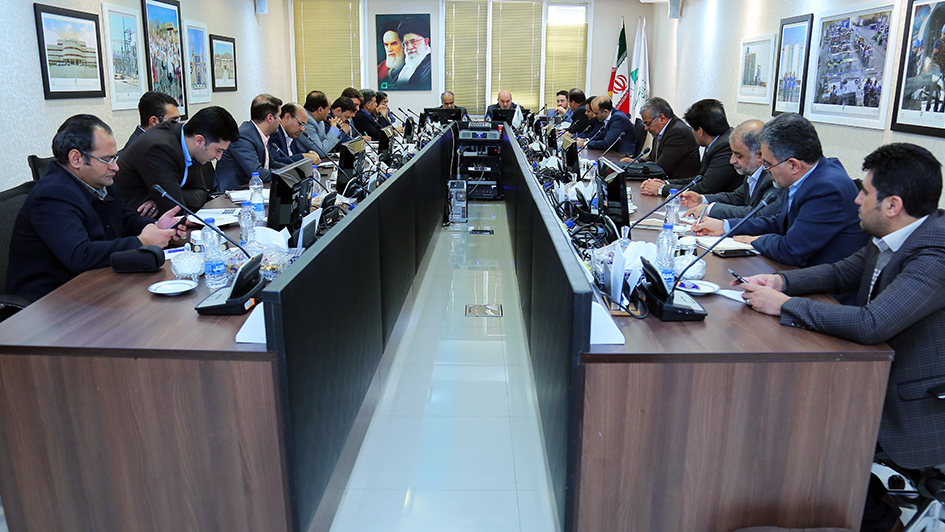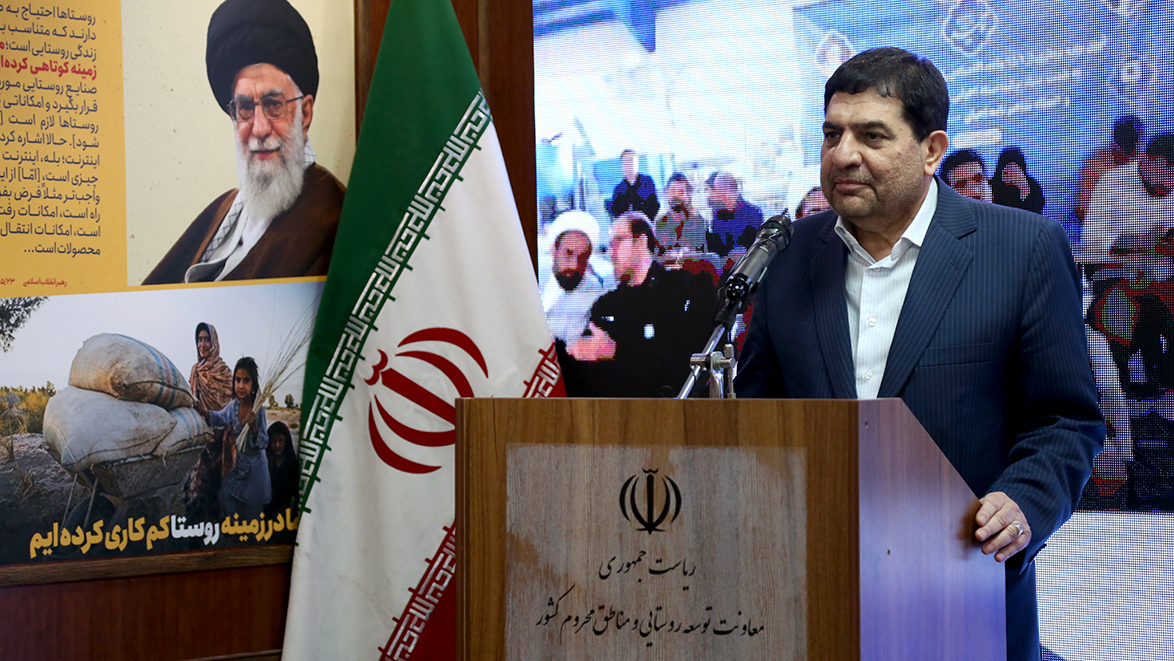
Iran’s First Vice-President Mohammad Mokhber, who was the main guest at the ceremony, termed the revival of half-closed projects and the completion of half-completed construction projects as two significant programs of the 13th government to return the huge potential capital to the economic cycle of the country.
In developed countries, 80% of investments are made in the home and small businesses, he noted.
The revival of 546 closed and semi-active projects into the economic cycle of the country has been done with an investment of 6 thousand billion tomans and employment creation of over 8 thousand people, he further noted.
He went on to say that the return of the 6 thousand billion tomans to the country's economy was made only within 8 months after the government took office.
Revival of the units by means of ways other than economic units revival movement plan took at least three years, he underscored.
He called on the related organizations to make helping the government in the revival of economic units one of the main priorities of their activities so that in the next stages of this movement, more units will return to the economic cycle of the country
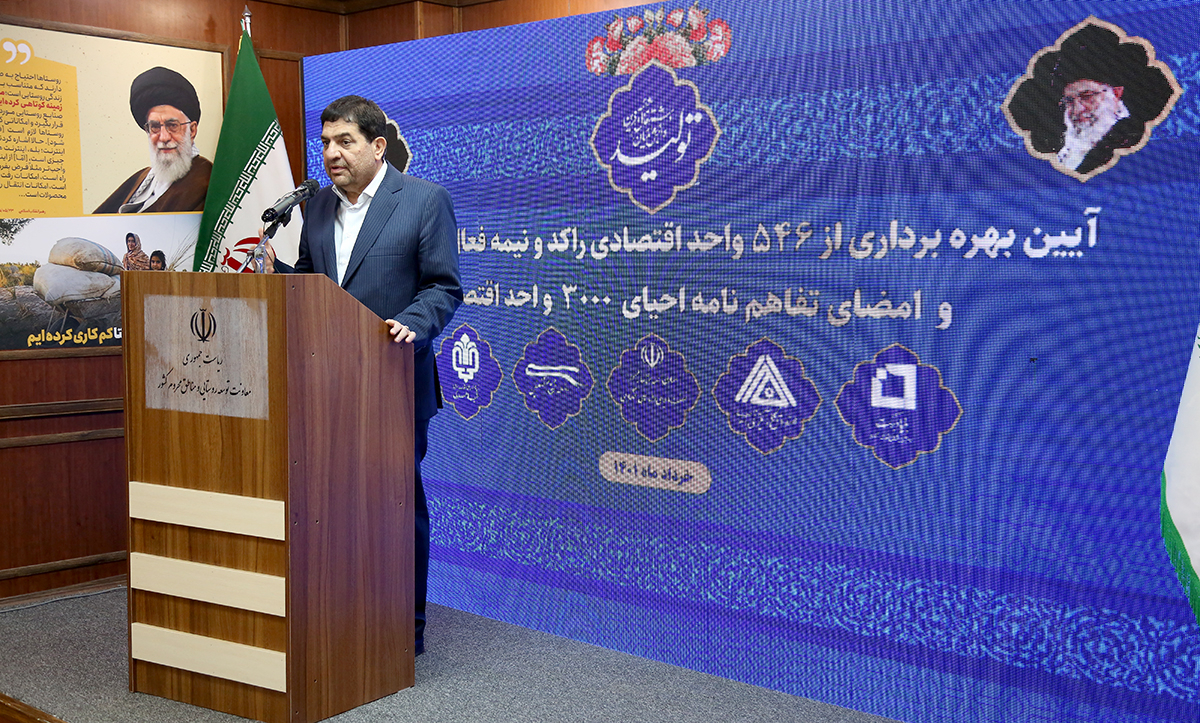 .
.
The government is determined to support the revival of economic units through all financial and legal support, he further noted.
Elsewhere in his remarks, he described job creation as one of the main priorities of the government, as well as one of the important promises of the president and people's expectations from the incumbent government.
The government seeks to create one million jobs in the country every year, he said, noting that moving towards the revival of closed and semi-closed units can help the government to this end.
He touched on the obstacles on the path of making investments, noting that the government is to resolve the problems through proper plans.
Referring to the increase in the global price of some basic goods and foodstuffs, he said that European countries and the US had not experienced such inflation in the past 40 years to the point that in some European countries, coupons and oil rations are given to the people because the governments have faced major problems in supplying their citizens with the goods they need.
Mokhber added that reforming the preferential currency distribution system is the first link in the government's economic reforms, and underlined that if the implementation of this plan was not a legal requirement, the government would certainly have implemented this plan differently and with a specific timeline.
He pointed out that in the field of supplying livestock inputs, the government needs to take some measures because the prices increased tremendously and the country also allocated subsidies to these inputs, which had led to rents and smuggling to some countries in the region.
Pointing to the government subsidies to the essential goods which Iran’s neighboring states used due to smuggling, he noted that with the implementation of the preferential exchange reform plan, the rate of some items in these countries increased several times. These countries had zeroed their import tariffs on essential Iranian goods to take advantage of this subsidized advantage of the Islamic Republic. After the implementation of the plan, those countries faced severe problems.
Emphasizing that the abundance of goods as well as price stability were two important priorities of the government in implementing the popularization plan and fair distribution of subsidies, Mokhber underscored that before the implementation of this plan, in some goods such as flour or Pasta, up to 30,000 billion tomans of subsidies were exported or smuggled abroad, which was not acceptable at all.
He continued that the next step of the government for economic reform of the country is to increase the value of the national currency, and investments, reduce the inflation rate and manage and direct liquidity in the country.
Pointing to the investments in small and medium workshops, knowledge-based companies as well as the digital economy plus the sea as the government's serious plans to increase investments in the country, he reiterated that the government is looking to launch downstream petrochemical industries in at least 30 cities located around the sea.
Referring to the government's plans for water supply to water-stressed areas, Mokhber noted that in the past, water was transferred from the center of the country to the cities around the sea, but today with water desalination projects and the construction of water transmission lines, drinking water and other uses from the sea are being transferred to the center of the country.
He added that safe water for drinking, health, and agricultural uses will reach the provinces of Sistan and Baluchestan, Khorasan Razavi and South, Kerman, Yazd, and Isfahan with the construction of 5 transmission and water supply routes soon.
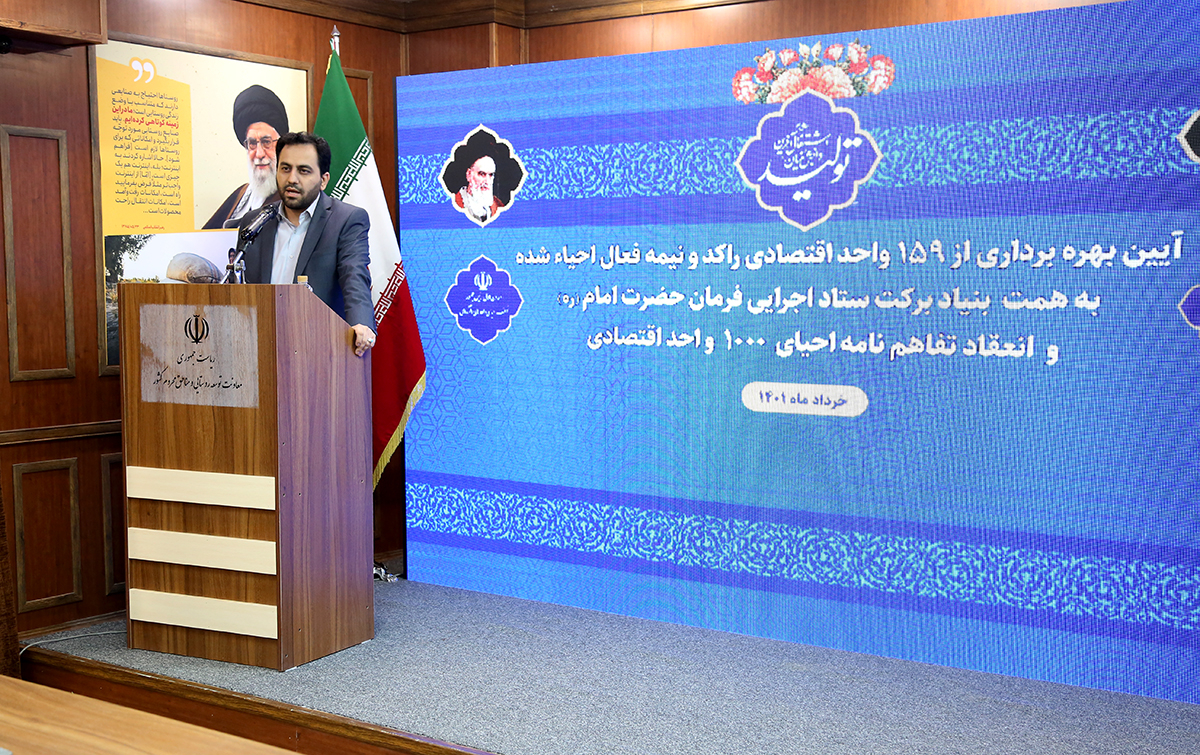
Torkamaneh also announced the creation of 200,000 job creation plans in deprived and rural areas of the country.
He noted that the launch of these 200,000 projects has directly and indirectly created business opportunities for 600,000 people.
It should be noted that in this ceremony, 546 closed and semi-active economic units were revived and the village monitoring situation room was operated and inaugurated in the presence of the first vice president and videoconference.
In addition, the memorandum of understanding was signed with the Basij, the Alavi Foundation of the Mostazafan Foundation, and the Barakat Foundation of the Execution of Imam Khomeini's Order to revive 3,000 new production and economic units in the presence of the first vice president.
